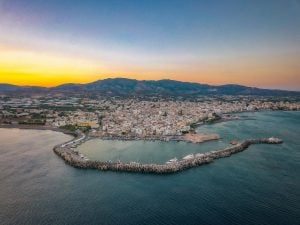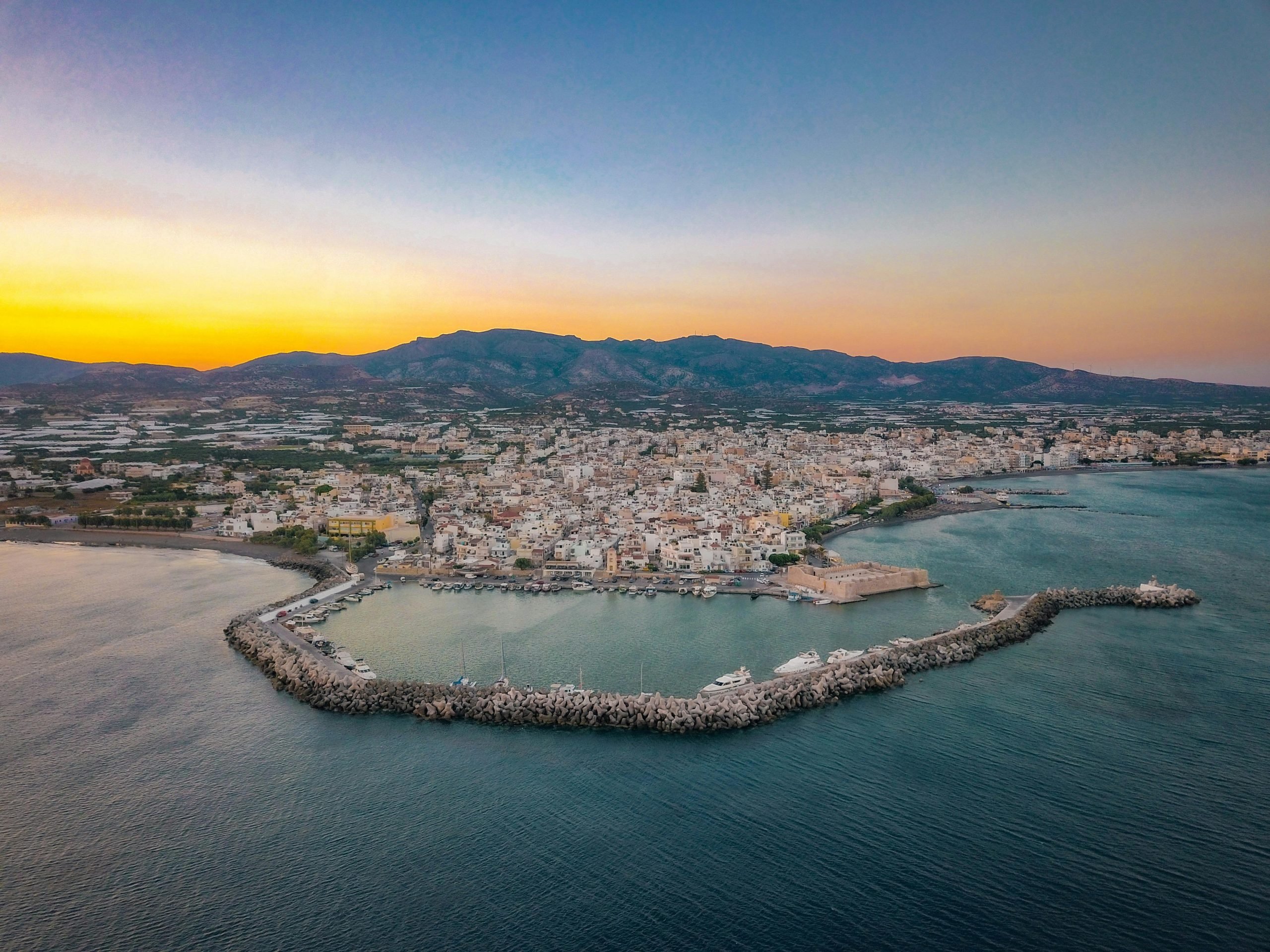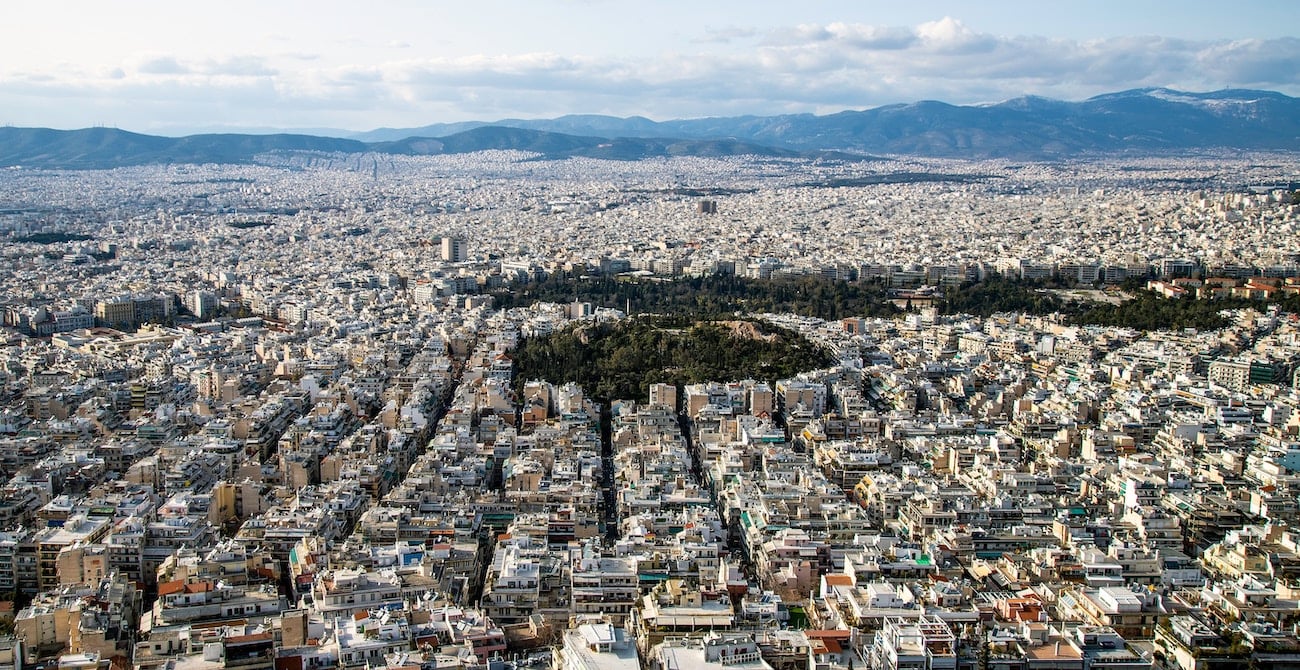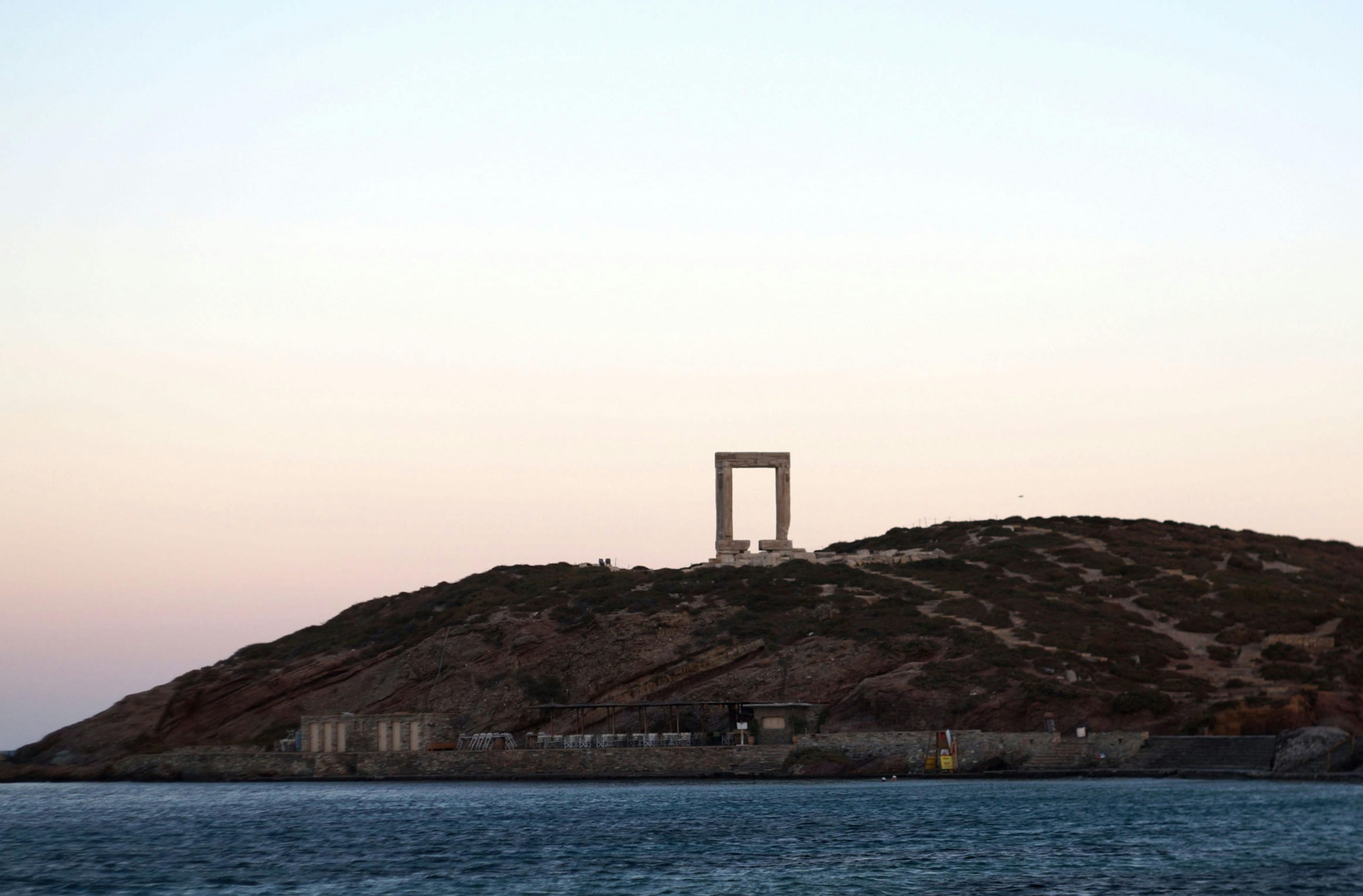A car isn’t strictly necessary to explore Crete, but it significantly enhances your experience and accessibility. Public transport covers major routes and popular destinations, whilst taxis and tours provide alternatives for specific trips. However, car rental in Crete offers the freedom to discover remote beaches, mountain villages, and hidden gems at your own pace. The best choice depends on your itinerary, budget, and travel preferences.
What are your main transportation options for getting around Crete?
Crete offers several transportation methods to suit different travel styles and budgets. Car rental Crete services provide maximum flexibility, allowing you to explore at your own schedule. The KTEL bus system connects major cities and tourist areas with reliable service. Taxis offer door-to-door convenience for shorter distances, whilst organised tours handle transportation and guiding simultaneously.
Rental cars remain the most popular choice for visitors seeking comprehensive island exploration. Major international and local companies operate from airports and cities, offering everything from economy vehicles to larger family cars. The freedom to stop at scenic viewpoints, visit multiple beaches in one day, and access remote locations makes car rental particularly appealing.
Public buses through KTEL provide an economical alternative, connecting Heraklion, Chania, Rethymno, and Agios Nikolaos with regular services. Routes extend to popular beaches and tourist attractions, though schedules may be limited during off-season periods. Walking and cycling work well within cities and for short coastal routes, particularly in areas with dedicated paths.
How reliable and extensive is public transportation in Crete?
Public transport Crete centres around the KTEL bus network, which provides dependable connections between major cities and tourist destinations. Services run frequently during summer months, with reduced schedules in winter. The system covers main coastal roads effectively but has limited access to remote mountain villages and secluded beaches.
KTEL buses connect the four major cities multiple times daily, with journey times ranging from one to three hours depending on distance. Popular beach destinations like Balos Lagoon (via Kissamos), Elafonisi, and Vai Palm Beach have dedicated seasonal services. However, some routes require transfers or have infrequent departures, particularly to less touristy areas.
The reliability of Crete buses is generally good for main routes, with air-conditioned vehicles and professional drivers. Delays can occur during peak summer periods due to traffic congestion in tourist areas. Winter services operate on reduced schedules, which may not align with all travel plans. Tickets are reasonably priced and can be purchased at stations or aboard buses.
What are the real costs of car rental versus other transport methods in Crete?
Transportation costs in Crete vary significantly based on your chosen method and travel duration. Car rental typically involves daily rates, fuel costs, insurance, and parking fees. Public transport offers fixed, low-cost fares per journey. Taxis charge by distance and time, whilst organised tours include transportation in package pricing.
Car rental expenses include the base daily rate, which fluctuates seasonally, plus comprehensive insurance for peace of mind. Fuel costs depend on your driving distance and current petrol prices. Parking in major cities may incur daily charges, whilst most attractions and beaches offer free parking. Consider additional costs like toll roads, though these are minimal in Crete.
Crete taxi services charge regulated rates, making them predictable for budgeting purposes. Short urban trips remain affordable, but longer journeys to distant beaches or airports can be expensive. KTEL bus fares represent excellent value, with cross-island journeys costing a fraction of equivalent taxi rides. Tour packages often provide good value when including multiple stops, meals, or guided experiences.
Which parts of Crete can you easily explore without a car?
Many of Crete’s highlights are accessible without personal transport, particularly major cities, popular beaches, and well-known attractions. Exploring Crete without a car works well for visitors focusing on established tourist areas with good public transport connections. Heraklion, Chania, Rethymno, and Agios Nikolaos offer comprehensive urban experiences within walking distance.
The historic centres of major cities provide rich cultural experiences, with museums, archaeological sites, restaurants, and shops easily reached on foot. Heraklion’s Knossos Palace connects via regular bus services, whilst Chania’s Venetian harbour and old town require no transport beyond comfortable walking shoes. Many accommodation providers offer shuttle services to nearby beaches and attractions.
Popular beaches like Falassarna, Elafonisi, and Vai maintain regular bus connections during tourist season. Organised day trips efficiently combine transportation with guided experiences to destinations like Samaria Gorge, Spinalonga Island, or traditional mountain villages. Coastal paths between some resorts allow pleasant walking or cycling excursions.
When does having a car become essential for your Crete experience?
A car needed Crete situation arises when your itinerary includes remote locations, flexible scheduling, or off-the-beaten-path exploration. Mountain villages, secluded beaches, and archaeological sites without public transport access require personal vehicles. Families with young children or travellers with mobility considerations often find cars essential for convenience and comfort.
Remote beaches like Seitan Limania, Kedrodasos, or hidden coves along the south coast lack public transport access. Mountain villages such as Archanes, Zaros, or traditional settlements in the Lasithi Plateau require private transport. Archaeological enthusiasts visiting lesser-known Minoan sites or Byzantine churches scattered across the countryside need vehicular access.
Photography enthusiasts and nature lovers benefit enormously from car rental flexibility. Sunrise and sunset timing, weather-dependent decisions, and spontaneous discoveries become possible with personal transport. Those staying in villa accommodation or rural locations often find cars necessary for grocery shopping, restaurant access, and general mobility. For visitors considering property investment opportunities in Greece, having a car enables thorough exploration of different regions and neighbourhoods.
What should you know about driving and parking in Crete?
Driving in Crete requires awareness of local road conditions, traffic patterns, and parking regulations. Crete transportation infrastructure includes well-maintained highways connecting major cities and narrower mountain roads requiring careful navigation. Greek driving culture can seem assertive to visitors, but following basic safety principles ensures comfortable travel.
Main coastal highways offer excellent conditions with clear signage in Greek and English. Mountain roads may be narrow and winding, requiring reduced speeds and careful attention to oncoming traffic. Parking in city centres often involves paid zones during daytime hours, whilst most tourist attractions provide free parking areas. Always carry your driving licence, passport, and rental documentation.
Traffic congestion occurs in major cities during peak summer periods and around popular beach destinations on weekends. Early morning departures help avoid crowds and secure better parking spots. Petrol stations are readily available along main routes, though rural areas may have limited options. Understanding basic Greek road signs and having offline navigation maps downloaded proves invaluable for confident driving experiences.
Whether you choose car rental for maximum flexibility or prefer the simplicity of public transport, Crete offers memorable experiences through various transportation methods. Consider your specific interests, budget, and travel style when making this decision. For personalised advice about exploring Crete or assistance with any Greek travel arrangements, please contact our experienced team.
Disclaimer: This content is for informational purposes only and does NOT constitute legal or tax advice. For any issues relating to specific cases, it is highly recommended to consult a lawyer, an accountant or a notary depending on your needs.


































